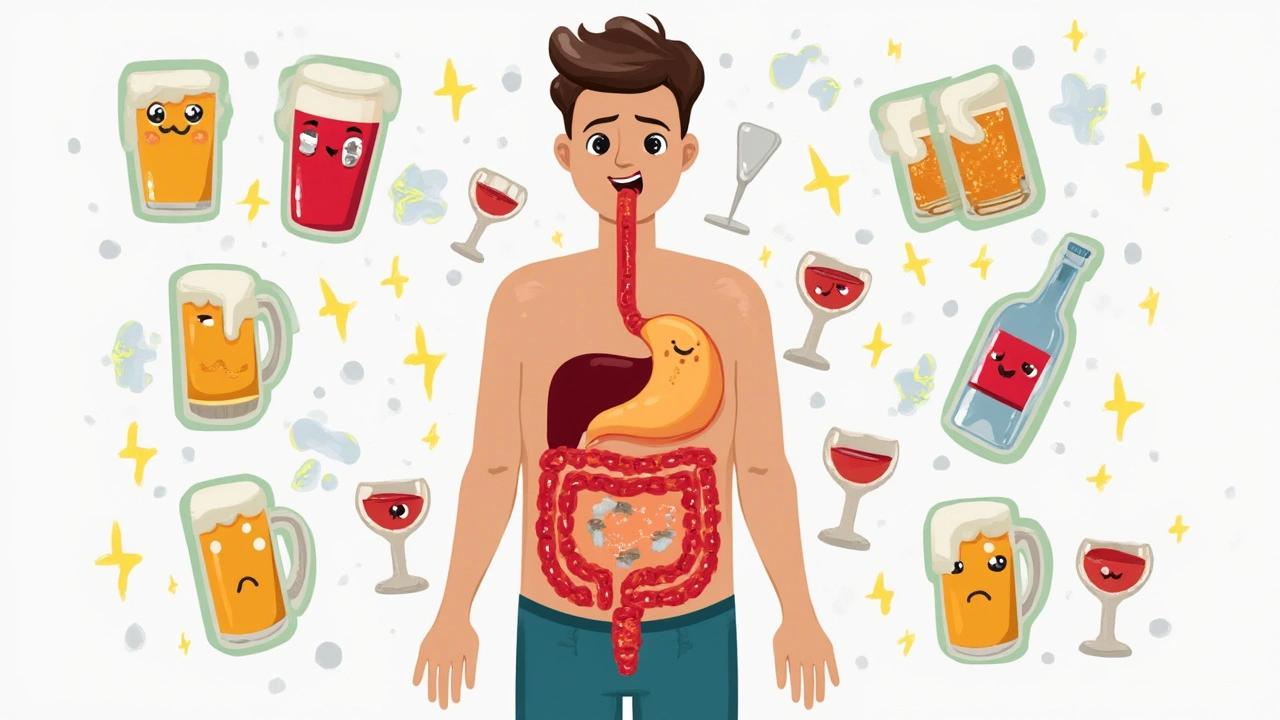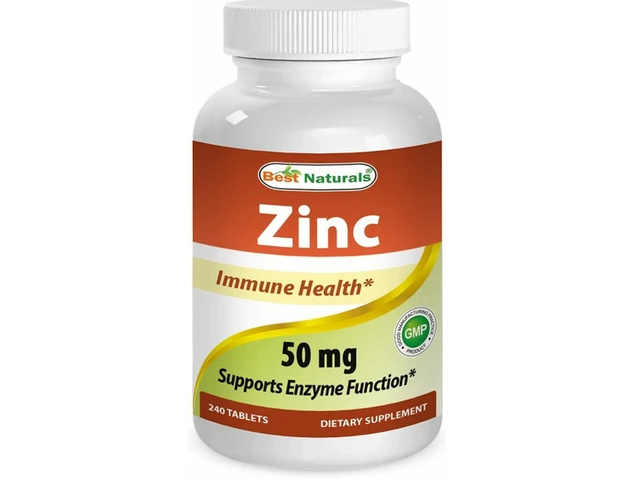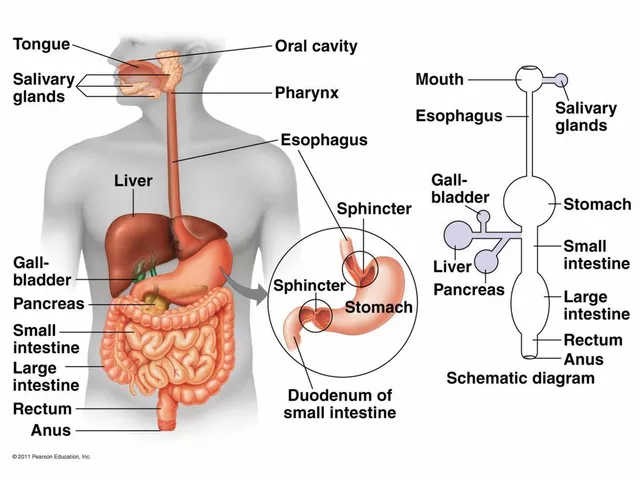Stomach Pain: What’s Going On and How to Feel Better
If your belly is hurting, you probably want answers fast. Stomach pain can show up as a dull ache, sharp sting, or cramping that comes and goes. The good news is most of the time it isn’t serious and you can calm it down at home.
Common Reasons for Stomach Pain
Food‑related issues top the list. Eating too fast, overindulging in spicy or fatty meals, or drinking alcohol on an empty stomach can irritate the lining of your gut. That irritation often feels like a burning or bloated sensation.
Infections are another big player. A viral stomach bug (often called gastroenteritis) brings nausea, diarrhea, and belly cramps that last a few days. Bacterial food poisoning works similarly but may cause fever and more intense vomiting.
Stress matters too. When you’re anxious, your body releases hormones that can speed up digestion and create spasms in the intestines. That’s why many people notice tummy aches before an exam or after a stressful meeting.
Don’t forget chronic conditions. Acid reflux, ulcer disease, irritable bowel syndrome (IBS), and gallstones each have distinct pain patterns, but they all start with that uncomfortable feeling in the upper or lower abdomen.
Quick Relief Tips You Can Try at Home
First, hydrate smartly. Sip water, clear broth, or an electrolyte drink instead of sugary sodas. Staying hydrated helps your digestive system move food along and eases cramping.
If you suspect indigestion, try a gentle antacid like calcium carbonate or a product with magnesium. It can neutralize excess stomach acid within minutes.
Warmth works wonders for muscle spasms. Place a heating pad or warm towel on your belly for 15‑20 minutes. The heat relaxes the gut wall and reduces pain signals.
Adjust what you eat for the next few meals. Stick to bland foods—bananas, rice, applesauce, toast (the BRAT diet). Avoid caffeine, alcohol, fried foods, and dairy until your stomach settles.
Gentle movement can also help. A short walk after a meal promotes digestion and lessens gas buildup that might be causing the ache.
If you’re dealing with nausea, ginger tea or sucking on a small piece of raw ginger can calm the stomach quickly. Peppermint tea is another soothing option, but skip it if you have acid reflux.
When pain lasts longer than 24‑48 hours, gets worse after meals, or comes with fever, blood in stool, or persistent vomiting, it’s time to call a doctor. Those signs can mean an ulcer, infection, or another condition that needs professional treatment.
Remember, listening to your body is key. Most stomach aches are harmless and fade with simple self‑care, but serious problems don’t wait. Use these tips to get relief now, and don’t hesitate to seek help if something feels off.

Alcohol and Tummy-Ache: How Drinks Mess with Your Digestion
This article breaks down how alcohol affects your stomach and digestion, sometimes causing the dreaded tummy-ache. You'll find out why drinking can trigger problems like bloating, pain, heartburn, or even diarrhea. It explores which drinks are likely to upset your stomach most and what actually happens inside your gut after a night out. Plus, it shares practical tips to keep your digestion in check if you want to enjoy a drink without the stomach misery. Real facts and easy advice make this a must-read for anyone who's experienced a hangover gut.





